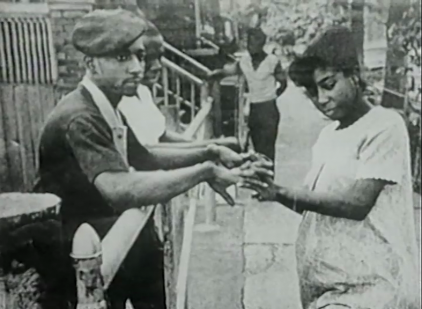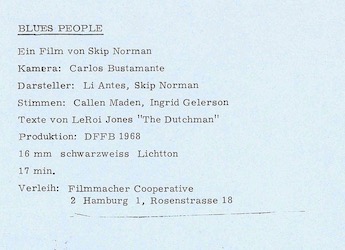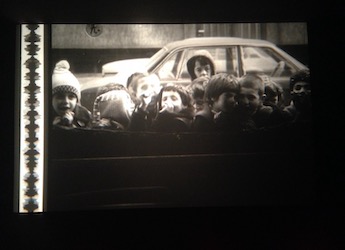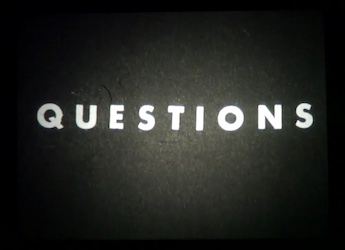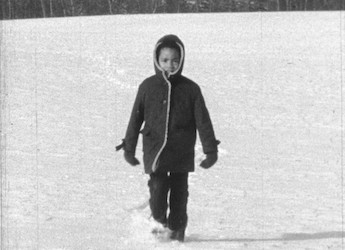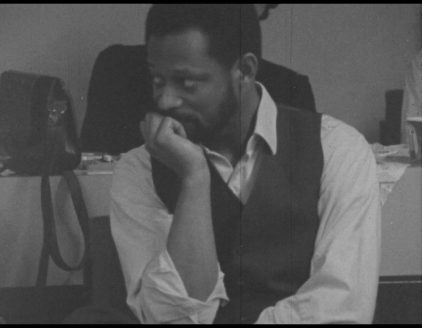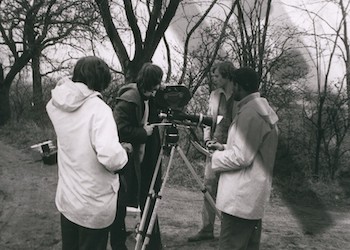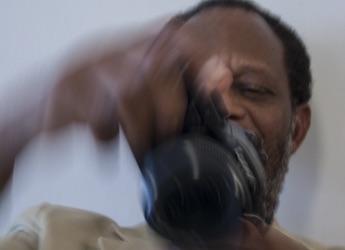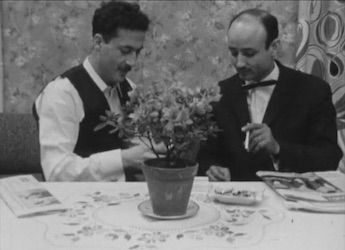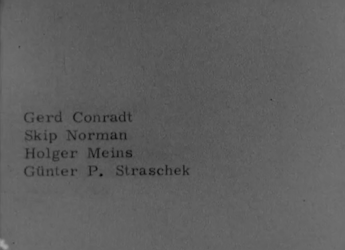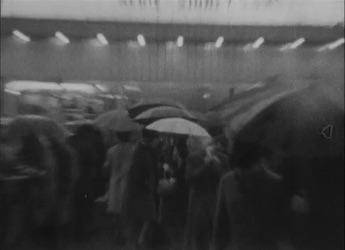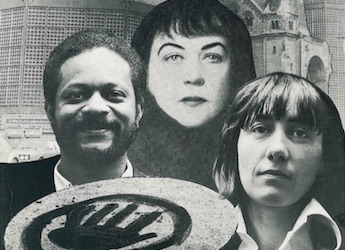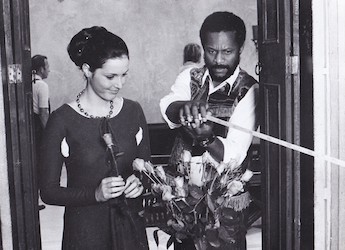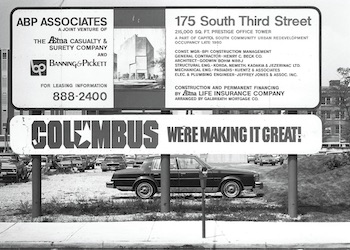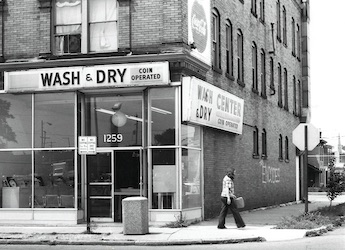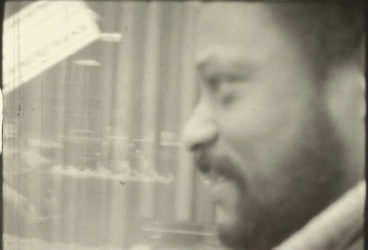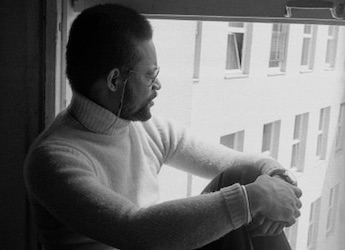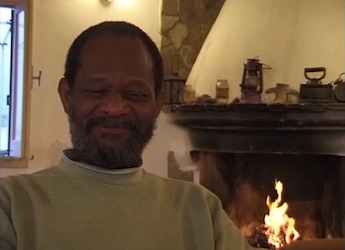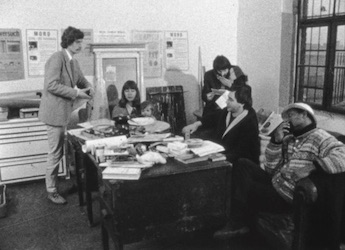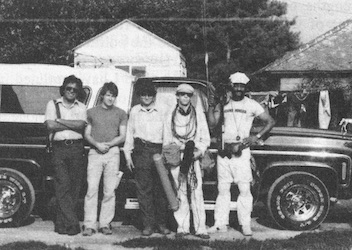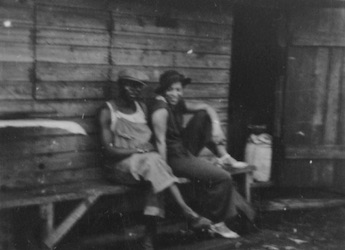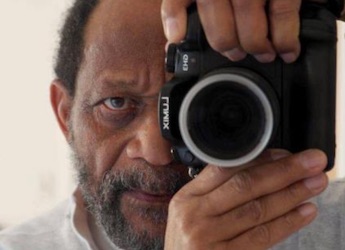Skip Norman: Filmmaker, Cinematographer, Visual Anthropologist, Teacher. This edition of Rosa Mercedes is dedicated to the life and work of Skip Norman. It will be published in multiple parts during the year 2021.
03/C
Apart from directing Riffi (1966), Blues People (1968), Cultural Nationalism (1968), and his thesis film Strange Fruit (1969), Norman was a prolific cinematographer collaborating closely with other students including Helke Sander, Holger Meins, Johannes Beringer, and Harun Farocki.
December 2021 — Rosa Mercedes / 03 / C
03/B
This issue includes contributions by Gerd Conradt, Carlos Bustamante, Johannes Beringer, Helke Sander, Georg Lehner, Shirikiana and Haile Gerima, Klaus Wyborny, and Brigitte Tast.
April 2021 — Rosa Mercedes / 03 / B
03/A
The documents span several decades and highlight some of the different geographical, cultural, and working contexts in which Skip Norman lived.
January 2021 — Rosa Mercedes / 03 / A
03
In March 2018, we screened five films directed by Wilbert Reuben “Skip” Norman (1933–2015). We knew little about him and his work.
January 2021 — Rosa Mercedes / 03

